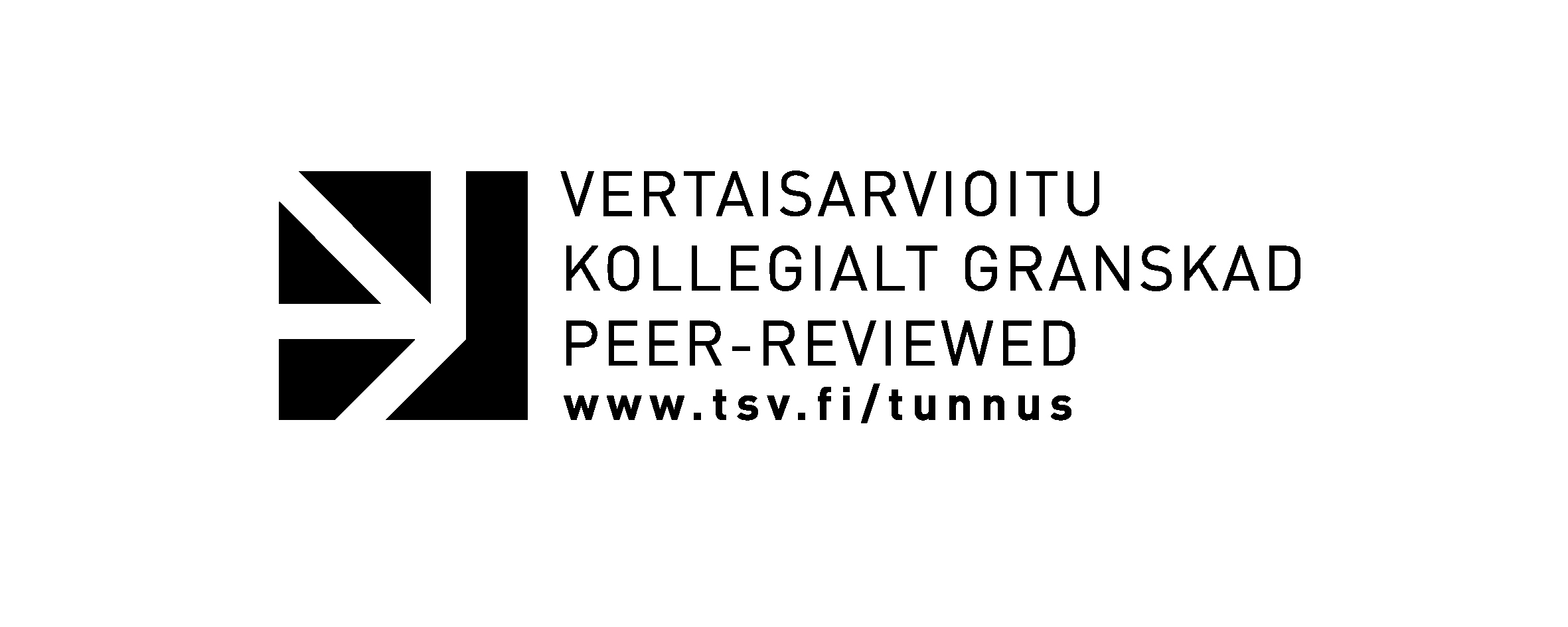Conflict, Social Action and Social History
Keywords:
conflict, social action, change, social historyAbstract
We have started the new millennium with celebrations and rituals. The festivities are, however, shadowed by a genuine concern for the future, based on the violent and contradictory century we have left behind us. ln the words of the famous historian Eric Hobsbawm (1994, 558-559): "The Short Twentieth Century ended in problems, for which nobody had, or even claimed to have, solutions. As the citizens of the fin-de-siecle tapped their way through the global fog that surrounded them, into the third millennium, all they knew for certain was that an era of history had ended. They knew very little else."
The past century has been both a period of hope and progress, inventions and economic growth, and at the same time an era of disastrous world wars, dictatorships and concentration camps, uncontrolled technological development and unrestrained population growth. The twentieth century ended as it started. The confusion and pessimism of Hobsbawm are similar to the feelings of disaster of Oswald Spengler in the days of destruction after the First World War in his book "Der Untergang des Abendlandes" (Spengler 1921, 1922). These horror scenes have now expanded from Europe to the whole world. The shocking events in recent history have raised again the discussion whether there is a basic cruel nature of the human mind (Goldhagen 1996).







